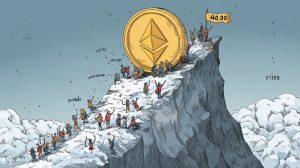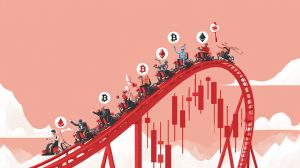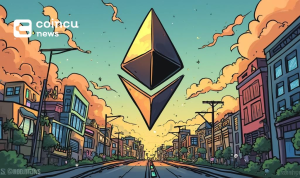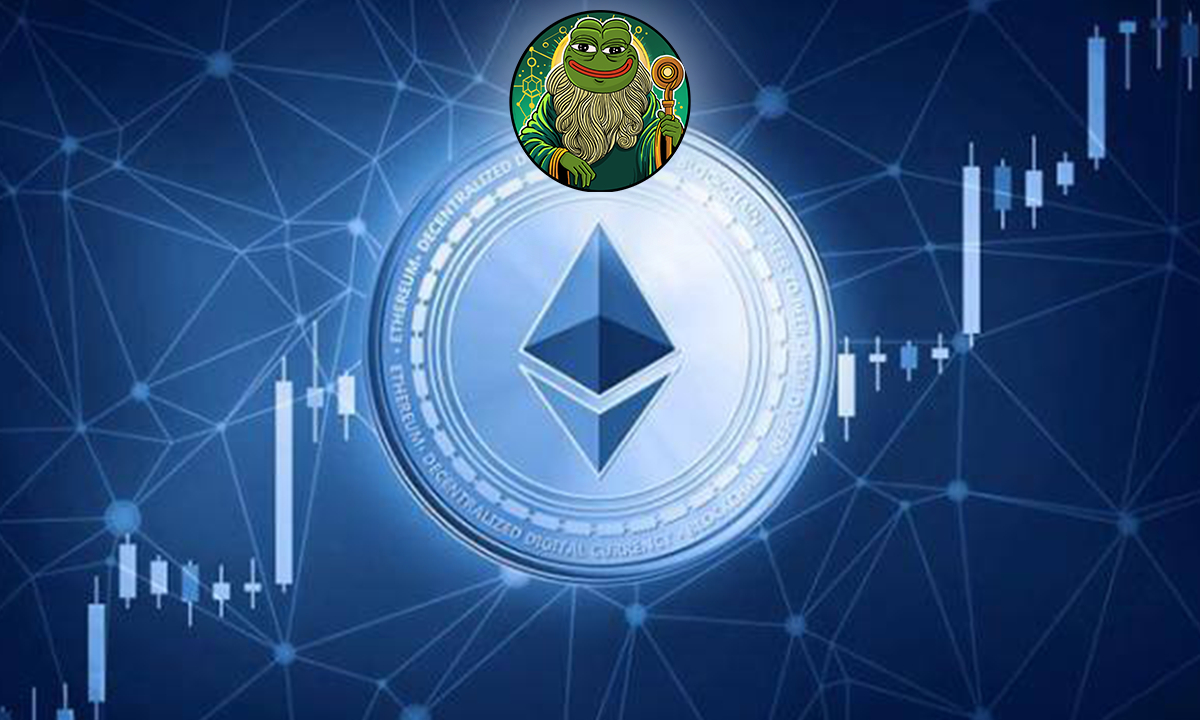The Uniswap model has become a standard across various Layer 2 blockchains and platforms. QuickSwap V3 provides the same functionality as Uniswap but is based on the Polygon network instead of Ethereum. Although QuickSwap V3 is a fork of Uniswap, the main difference between the two has made it popular with some users. So let us explore all of which via this QuickSwap V3 review.
About QuickSwap V3

QuickSwap is a decentralized exchange on the Polygon Network to provide cheaper and faster transactions. Its automated market maker integrates upgradeable smart contracts on Ethereum, making intermediaries obsolete. The exchange is based on open-source software and prioritizes decentralization, censorship resistance, and security. It benefits from extremely low gas prices compared to Ethereum and fast and simple transaction execution.
QuickSwap launches in May 2021, with over 96% of tokens distributed to the community.
QuickSwap supports all ERC-20 tokens deployed on Polygon, including wrapped tokens like wrapped Bitcoin.
In June 2022, the community voted to obtain a proprietary license to operate Algebra’s V3 centralized liquidity model on QuickSwap’s DEX. The first QuickSwap V3 has been deployed on Dogechain, and we have now released it on Polygon.
Many users prefer Polygon because of its faster transaction times and extremely low fees. Liquidity providers and swaps enjoy Uniswap’s audited token with the advantages of the ERC-20 Supported Polygon Network. One significant benefit is trading ERC-20 tokens with a simple bridge, avoiding higher Ethereum fees. Thus, QuickSwap offers a good balance between Ethereum compatibility, ease of use, and affordability.
Project team, investors & partners
Project team
Nick Mudge: Nick is an Ethereum Smart Contract programmer, code reviewer, security auditor, and web developer with over six years of blockchain programming experience.
Sameep Singhania: Sameep is the Co-Founder and Director of blockchain development and consulting firm Ginete Technologies.
Investors
The project has no investor due to Fair Launch.
Partner
Lunar Digital Assets: Lunar Digital Assets is a blockchain marketing and consulting firm.
Polygon Foundation: Closely supports the QuickSwap team on a technical level and has provided a grant to the Quickswap team.
Starter: IDO platform, allowing projects to raise capital. With this combination, to participate in IDO, users must use the LP token of the START/QUICK pair and projects funded by QUICK.
How does QuickSwap work?
QuickSwap V3 is an Automated Market Maker (AMM) that introduces a centralized liquidity AMM model and is forked from Uniswap V3 on Polygon. Centralized liquidity is a new model of AMM where liquidity is allocated within a custom price range. Previously in QuickSwap, liquidity was distributed from 0 to infinity evenly along the price line. V3 allows liquidity providers (LPs) to focus their capital on smaller price ranges or ticks. This gives traders deeper liquidity and will enable LPs to make more money with less capital needed. However, this also increases temporary losses as rising and falling asset prices can lead to position liquidity out of range (e.g., a position purely an asset) and no longer profitable charged.
Main Features
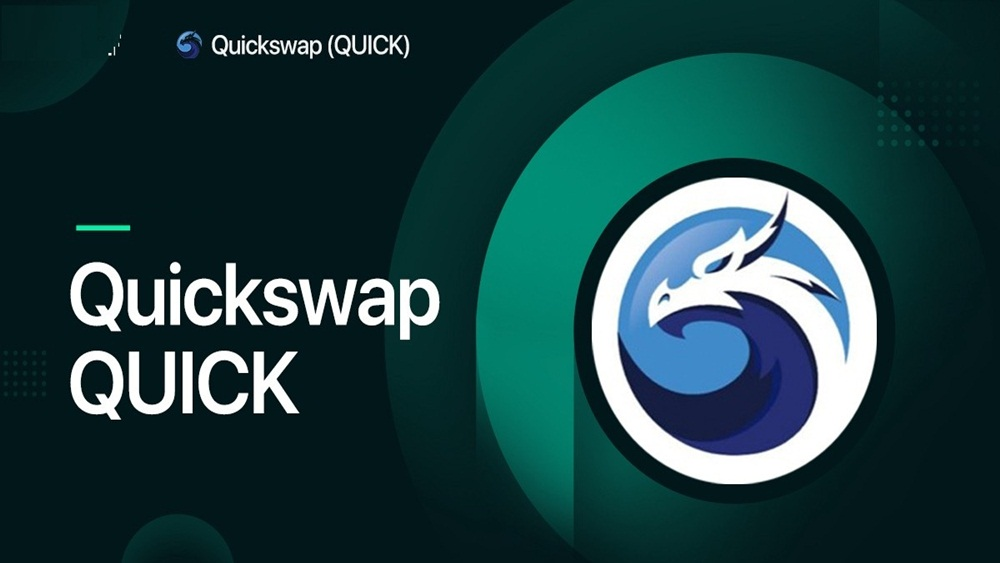
Swap: Trade any combination of ERC-20 tokens permissionless, with ease.
Earn dQUICK: Deposit your LP tokens to earn additional rewards.
Buy Crypto with Fiat: Simple way to buy with Apple Pay, credit card, bank transfer & more.
Supply Liquidity: Earn a 0.25% fee on trades proportional to your pool share.
Farm: You may also farm your LP tokens on QuickSwap’s V3. You need to provide LP for this pair to participate in this farm.
Dragon’s Lair: Dragon’s Lair is a single staking pool for QUICK tokens. Stake your QUICK to receive dQUICK, and earn your share of 0.04% of all trading fees.
Analytics: Scan through QuickSwap V3 analytics & Historical Data.
Pros and Cons
| Pros Users manage and monitor their assets. Easy to understand and use for users who used to use Uniswap. The fee is almost zero. No KYC is required. High security. | Cons Many operations require high skills. Transaction time is slow, and can take several minutes. If you lose your wallet, you won’t be able to get your property. Not too many features. |
Difference between QuickSwap V3 and QuickSwap V2
First, make sure you understand the critical differences between the two versions and how they can affect your liquidity – because the two are pretty different. You might be surprised at how much holding ratio you have to keep his changes.
- V3 allows LPs to deposit liquidity pairs within a custom price range.
- Centralized liquidity means the LP will receive a transaction fee when the asset trades within the custom price range.
- When the LP is out of the range that the LP has set, the liquidity provider has two options: “Wait until the price comes back in the range and the LP will return the original asset” or “Clear liquidity and place a bet” back to another scope.”
- LP V3 can provide greater depth using the same amount of. This means less liquidity will accrue a more significant reward from trading fees.
- LPs construct individual price curves that reflect their preferences.
- Users trade on the combined liquidity of all individual curves without any increase in gas costs for each liquidity provider. LPs split the transaction fees proportionally to the price range (respectively allotted) by the amount they contribute to this range.
- Compared to V2 AMM, LP needs to provide less capital.
The most important aspect of providing liquidity on QuickSwap’s V3 is that your assets will be converted when prices change. As the price ratio falls, liquidity is converted into less valuable assets.
Alternatively, the price could fall, and with increased volatility, you could now drop out of the range. The LP must withdraw liquidity to avoid automatically switching back when the market starts moving in the other direction. Furthermore, if the price changes within the range, your token can become another asset with a percentage.
As you’ve noticed, there’s something different about QuickSwap V3. It deals with the price range, other ratios, risk, and reward associated with your chosen price range.
The V3 model offers LPs a way to make their capital more efficient and can provide rewards with tens of times higher than the V2 model.
Now that you understand the core difference between the two AMM models let’s see how QuickSwap V3 works for swaps, liquidity provisioning, and farming.
QUICK Token
QUICK is an ERC-20 token launched in February 2021 and serves as the governance token of QuickSwap V3. 90% of the total token supply will be distributed as a reward to anyone who mines liquidity, turning liquidity providers into platform stakeholders. QuickSwap V3’s governance model is common to other DeFi projects, including Uniswap and PancakeSwap. QUICK holders can create proposals and vote on them to add new features or changes to the platform.
Key Metrics
- Token Name: QUICK Token.
- Ticker: QUICK.
- Blockchain: Ethereum, Polygon.
- Token Standard: ERC20.
- Contract: 0x6c28aef8977c9b773996d0e8376d2ee379446f2f (Ethereum), 0x831753DD7087CaC61aB5644b308642cc1c33Dc13 (Polygon).
- Token type: Governance.
- Total Supply: 1,000,000 QUICK.
Token Allocation

- Liquidity Mining: 90%
- UNI Token Holders: 5%
- Creators & Advisors: 3.25%
- Polygon Community Fund: 1%
- Marketing: 0.75%
Token Sale
The project does not conduct a token Sale. As you can see, 90% of the QUICK Tokens are allocated for the provision of Liquidity for Quickswap, and the rest of the tokens are given to the Polygon community, the developers of the original Quickswap, and the Airdrop for UNI Holder.
Token Use Case
- Governance: QUICK holders can participate in platform governance through Voting.
- Liquidity Mining: QUICK is used as a reward for users who provide liquidity for Quickswap V3.
Fee
Instead of the 0.3% transaction fee that QuickSwap V2 charges, V3 offers a dynamic price that adjusts based on volatility. Rates for V3 are variable and are expected to average between 0.1%-0.15%. When traders exchange between stables, the fee will be lower. But swaps between volatile assets will be higher to reduce the risk of temporary loss for the LP. The new fee breakdown is as follows: 90% will go to LP, 6.8% to Dragon’s Lair (QUICK stakers), 1.7% to QuickSwap Foundation, and 1.5% to V3 developers.
Conclusion – QuickSwap V3 Review
Above is our review of the QuickSwap V3 decentralized exchange. Overall, QuickSwap V3 is a decentralized exchange on the Polygon Network that provides cheaper and faster transactions than Ethereum-based exchanges like Uniswap. QuickSwap V3 is an Automated Market Maker (AMM) that introduces a centralized liquidity AMM model and is forked from Uniswap V3 on Polygon. The exchange supports all ERC-20 tokens deployed on Polygon and offers features such as swapping, earning dQUICK, submitting liquidity, farming, and analytics. The QUICK token is used for governance and liquidity mining, and the fee structure is dynamic and adjusts based on volatility.
QuickSwap is becoming more and more popular due to its faster transaction times and extremely low fees. It also offers a good balance between Ethereum compatibility, ease of use, and affordability. QuickSwap V3 introduces a centralized liquidity AMM model and has a dynamic fee structure that adjusts based on volatility. The exchange supports all ERC-20 tokens deployed on Polygon and offers various features such as swapping, liquidity provisioning, farming, and analytics.
Hope the article is useful to you. If you have any suggestions, please leave them in the comment section below to make our article better.
DISCLAIMER: The Information on this website is provided as general market commentary and does not constitute investment advice. We encourage you to do your own research before investing.
Join us to keep track of news: https://linktr.ee/coincu
Foxy
Coincu News













